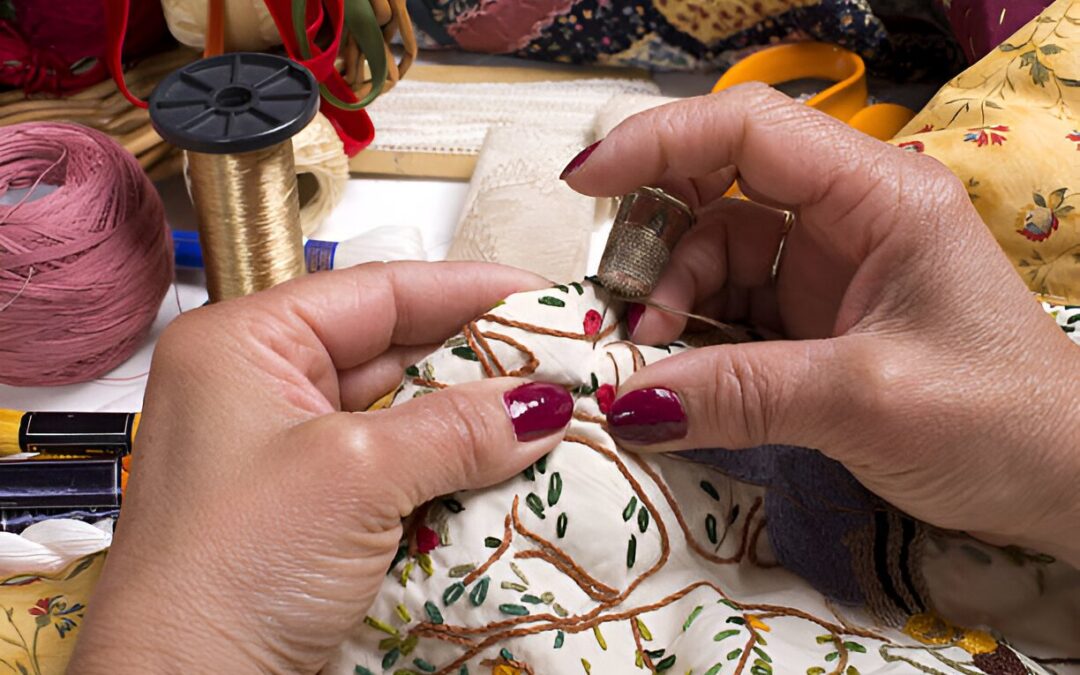stainable nature. Pashmina shawls are synonymous with luxury, elegance, warmth, and timeless style. However, it’s essential to consider the ethical implications of their production. As conscious consumers become increasingly aware of their purchases’ impact on the environment, animals, and artisans, understanding the ethical aspects of pashmina is crucial. Before adding a pashmina shawl to your collection, consider these key factors.
1. Animal Welfare: The Source Of Pashmina Wool
Pashmina wool comes from the undercoat of Changthangi goats, native to the high-altitude regions of the Himalayas, particularly Ladakh, India. This fine and soft undercoat, known as “pashm,” is combed out during the molting season.
Humane Treatment: Ethical pashmina production ensures goats are treated humanely throughout their lives. The combing process, the traditional method of collecting pashmina wool, is gentle and does not harm the animals. Ethical producers prioritize the goats’ well-being, providing adequate shelter, food, and care, especially during harsh winter months.
Sustainable Practices: Ethical pashmina sourcing involves sustainable herding practices that do not deplete the environment or negatively impact the goat population. Look for pashmina products certified by organizations that monitor and ensure animal welfare, such as the Good Cashmere Standard or similar certifications.
2. Fair Trade: Supporting Artisans And Local Communities
The production of pashmina shawls is labor-intensive and involves the skills of artisans, particularly in Kashmir. From spinning the wool into fine yarn to hand-weaving the fabric and embroidering intricate patterns, each step requires expertise and dedication.
Fair Wages: Ethical pashmina brands ensure artisans receive fair wages, providing them with a livelihood and helping preserve traditional crafts. By purchasing fair trade pashmina, you support the artisans and their communities.
Safe Working Conditions: Ethical production includes safe and healthy working conditions, such as clean, well-ventilated workspaces, access to healthcare, and protection against exploitation.
Cultural Preservation: Ethical pashmina production helps preserve the cultural heritage of the regions where these shawls are made. Supporting brands that value traditional craftsmanship ensures these cultural practices continue for future generations.
3. Environmental Impact: Sustainable Pashmina Production
The environmental impact of pashmina production is another critical factor. Like many natural fibers, pashmina production can affect the environment, particularly through overgrazing and the use of chemicals in processing.
Eco-Friendly Practices: Ethical pashmina brands adopt eco-friendly practices, including sustainable herding to prevent overgrazing and soil erosion, and using natural or low-impact dyes to avoid water pollution.
Organic Certification: Some pashmina products are labeled as organic, indicating the wool is produced without harmful chemicals or pesticides. This reduces environmental impact and ensures the final product is free from harmful residues.
Reducing Waste: Ethical producers focus on reducing waste by repurposing leftover yarn for smaller accessories and ensuring an efficient manufacturing process to minimize waste.
4. Transparency: Knowing Where Your Pashmina Comes From
Transparency is crucial when making an ethical purchase. Researching the brand and understanding how the shawl was made can help you make a responsible choice.
Brand Reputation: Choose brands that are transparent about their sourcing and production practices. Ethical brands provide detailed information about the wool’s origin, the artisans, and the environmental practices they follow.
Certifications and Standards: Look for certifications that verify the pashmina’s ethical and sustainable nature.

These certifications provide assurance that the product meets standards for animal welfare, fair trade, and environmental sustainability.
Consumer Education: Ethical brands often educate consumers about the production process and the impact of their purchases. By choosing a brand that values transparency and education, you’re more likely to make an informed decision.
5. Making A Conscious Choice: The Value Of Ethical Pashmina
While ethical pashmina shawls may have a higher price tag, their value extends beyond material worth. By choosing ethically produced pashmina, you support animal welfare, artisan livelihoods, and environmental preservation. Additionally, you make a statement about valuing quality, fairness, and sustainability.
Conclusion
Investing in a pashmina shawl is not just about luxury; it’s about making a conscious choice aligned with your values. By considering the ethical implications of your purchase, you can enjoy the beauty of a pashmina while knowing you’ve made a positive impact. As you wrap yourself in its warmth, you can take comfort in knowing it was created with care, respect, and integrity.

